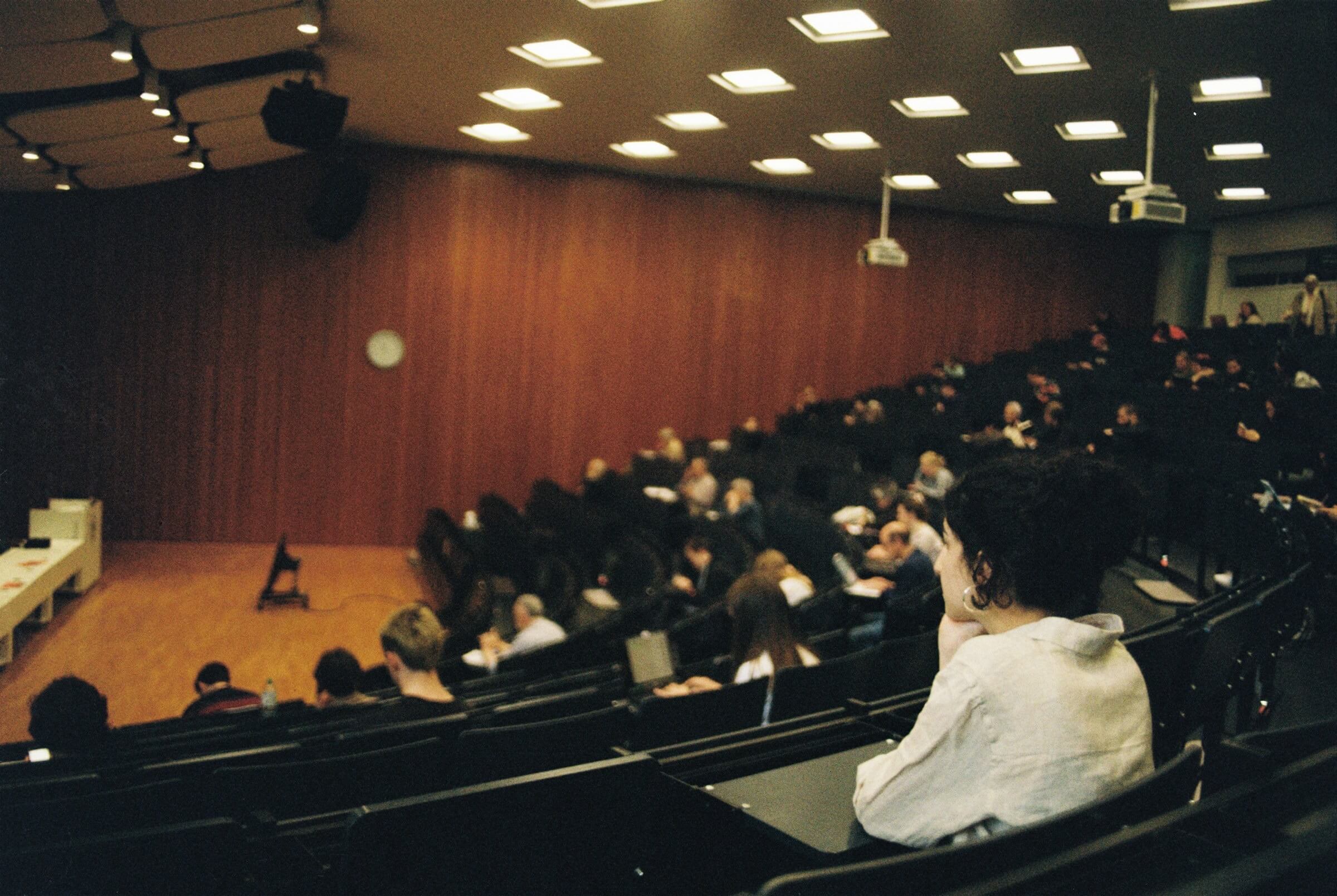In the perception of the German public, the recent events in Ukraine have simply been outrageous and shocking. It is all too clear to Germans what is happening: we have seen it before in Europe, in 1938. That time, however, Germany was on the wrong side of history, and the leading aggressor wasn’t called Vladimir Putin.
Following WWII, then, starting with voluntary integration into the European Coal and Steel Community, Germany has tried really hard to make sure an event like WWII will “never happen again.” Ultimately, this has lead to the creation of the European Union and more than 70 years of peace and prosperity.
Avoiding an event like WWII is still a strong, deep motivation of German politics today. Without doubt, it is pre-eminently in the mind of German politicians in the Ukrainian crisis as well, as for example the recent speech of President Gauck in Gdansk or Merkel’s visit to Kyiv prove.
However, Germany has been holding back from playing a more active role in granting support to Ukraine. It does not seem far-fetched to consider a stronger response, for example, imposing a complete embargo towards Russia. That would mean no exports of food, technology or medicine to Russia, no travel for an elite to Europe that has tasted the sweet fruits of consumption, and no easy access to finance on capital markets for Russia and Russian companies. Putin’s cronies would turn against him very quickly. The hope then is that this would quickly stop any current and future aggression. Yet so far, only minor sanctions have been imposed. Why hasn’t Germany taken any stronger steps?
One important reason is paradoxically that post-WWII history has been peaceful in Europe, especially after the Fall of the Wall. As a result, military fighting power has been reduced dramatically. Germany is unable to intervene anywhere on a larger scale, and it is probably not ready to defend even itself if there is a dangerous military escalation in Europe. It heavily relies on NATO and US forces for protection which are stationed in Germany. Does this claim seem hard to believe? There is very little public evidence, but for example, a recent report of the Spiegel (August 24) reveals that the German air force is only ready for combat in a very limited way: only 8 out of 109 Euro fighter jets are fully battle-ready. Only 7 out of 54 transport helicopters are fully functional. Germany is nowhere where it has military capabilities similar to those of the U.S.. It has to invest heavily into its military again after years of the “peace dividend” of the Pax Americana and military spending cuts. There is just not much capacity right now to go into conflict with an advanced adversary.
In addition to these military constraints, after many years of peace and leftist politics, Germans have to befriend the idea again that sometimes, unfortunately pure display of military strength and even intervention are necessary to deter a crazy adversary.
Due to its history, Germany is obviously very cautious of walking on such a path. But perhaps Germany has proven its good behavior and intention in the past 70 years. It could now – and should – take its turn of being a large, responsible power in the world arena. While Germans are in the process of realizing this, this process and subsequent rearmament will take time. It certainly can’t be done in a couple of months.
Another key factor holding Germany back is its dependence on Russian gas. Without it, Germans will face cold winters. Supplies will only last for five months. Not a good sell to any politician. Then, on top of that, manufacturing industries are already facing high energy input costs, due to the introduction of renewable energy forms (“Energiewende”). Having to find a replacement short-term gas supply seems extremely costly at best. At worst, it unfortunately seems like there is no short-term solution to the gas supply problem.
One solution could be that for Germany to allow large-scale fracking. There are estimates that this will provide up to 20 years of gas consumption. However, as in the case of substituting gas use by expanding nuclear power production, this is not wanted by the majority of Germans, probably for good reasons. Another approach might be for Germany to push for monopsony purchases of Russian gas through a central European buying agency. That agency would then distribute the gas to European countries. But this would not make Europe or Germany inherently immune to the problem of having to obtain a steady supply of gas. It would only somewhat make it harder for Russia to play out one country against another.
Thus, Germany is to some extent facing a dilemma: while it perhaps understands best the mistakes made in 1938 and the need to take action, strong outright action is not easily and safely possible, and it comes at a high short-term cost to politicians.
What will Germany do then? And what can Ukraine do to garner maximum support? Most likely, Germany will continue to do what it has done so far: avoid direct confrontation, but do everything on the non-military front to welcome Ukraine into the European community. This is subject to the above constraints.
On the other side, Ukraine can also do a lot to elicit support. Of course, on a basic level, it has to help itself: fight corruption, liberalize markets and find a permanent solution to the territorial problems. This is not a trivial task. But if Ukraine becomes an efficient market with good institutions, combined with the high human capital of its people, it will take off economically and for sure become a full EU member. German and Western European countries gained tremendously from EU expansion, and vice versa, and are just waiting to repeat this. Very small improvements by Ukraine can already trigger very large support.
One possibility for Ukraine to accelerate its way to prosperity is to ask for further help with institutional reform. There is already an exchange with EU and US agencies, and other measures are being discussed in Ukraine. Perhaps Ukraine could even do more along these lines, such as asking for administrative support. Germany has a lot of experience establishing administrative structures in the former GDR after the Fall of the Wall. This includes establishing its privatization agency, Treuhand, that transitioned Eastern German state property to private property. Germany will be happy to share its experience if this is needed.
Taken to an even further extreme: Ukraine could temporarily even outsource key administrative decisions related to business investment by “borrowing” European civil servants, on loan from Germany, Switzerland or France, for example. This would be a major coup against corruption and build investor confidence. Ukraine could similarly institute a government accountability or transparency office that has the legal obligation to look each year into the books of the various branches of government and publish its findings. Germany will certainly support all such efforts, and such support would be also more than palatable to the German public and politicians. Most importantly, it would tremendously help Ukraine help itself, and join the European project of peace and prosperity.
Attention
The author doesn`t work for, consult to, own shares in or receive funding from any company or organization that would benefit from this article, and have no relevant affiliations



